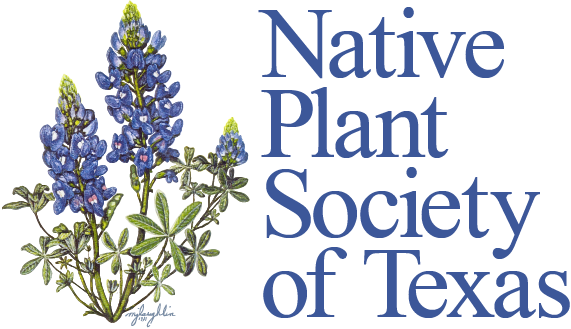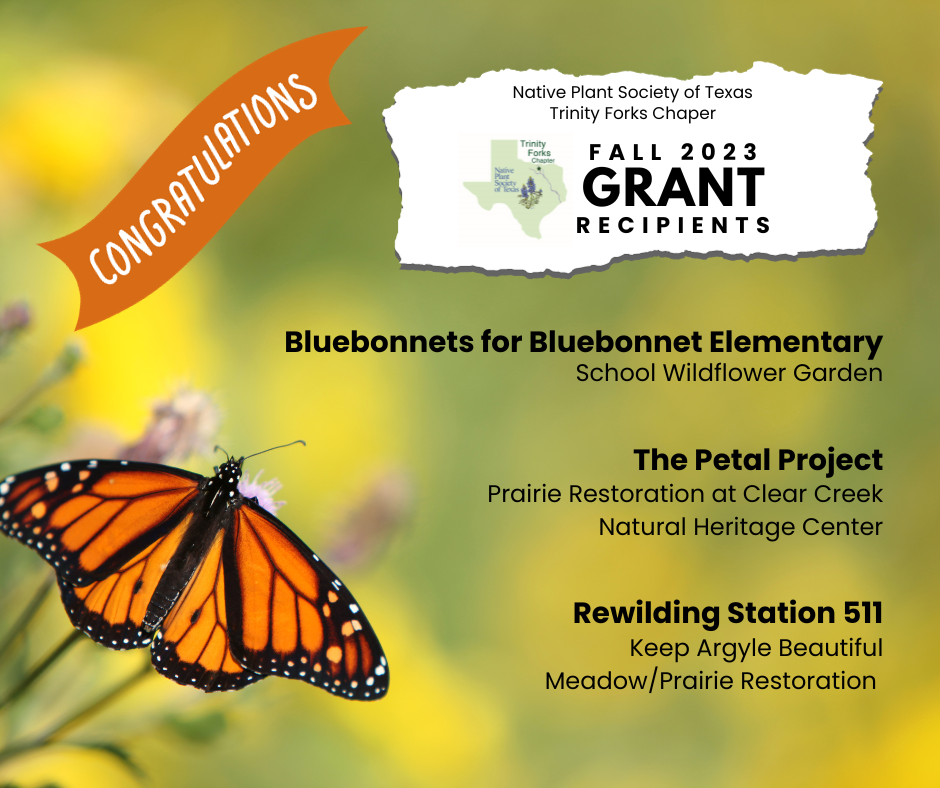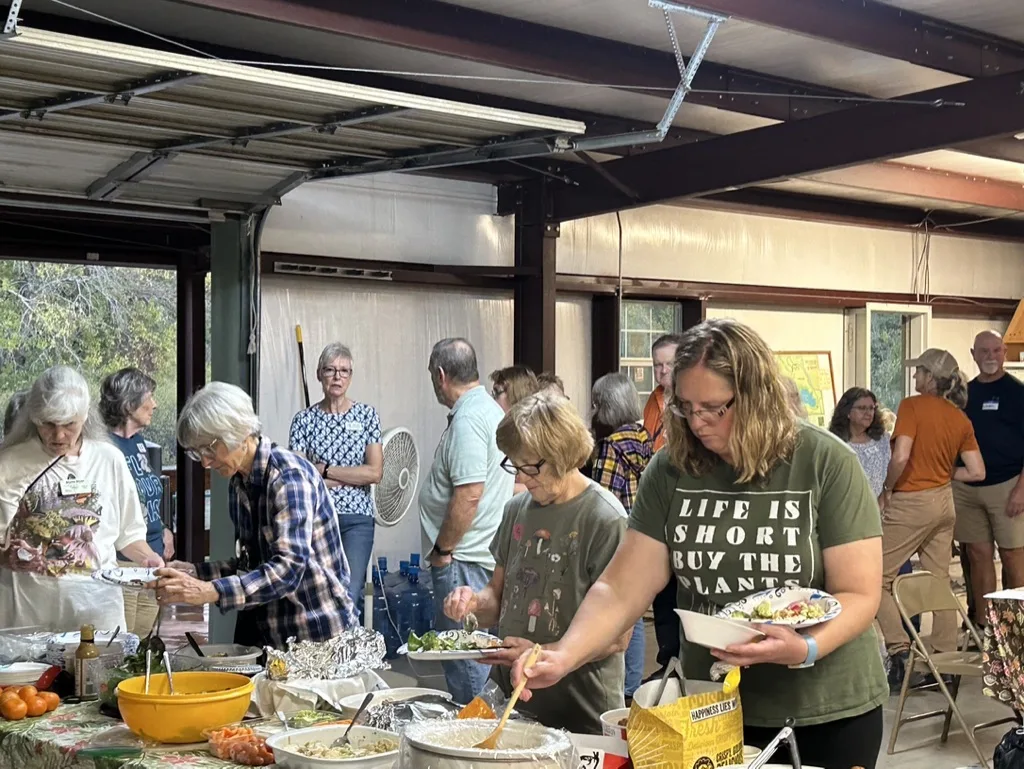NOTE: After viewing a detailed event, use "back" button to return to Trinity Forks Events page
We hope you can join our meeting in person at TWU. Campus parking is open after 6:00pm.
If you can’t join us in person you are invited to a Zoom meeting.
ONLY for Zoom Participants: Register in advance for this meeting:
https://us02web.zoom.us/meeting/register/tZYodeCtrzoiE9LnBQR0XcOYymsF2Li5-B4G
After registering, you will receive a confirmation email containing information about joining the meeting.
August Trinity Forks Business Meeting & Program – How to Grow Native Plants from Seeds
via Zoom Only. Please Register in advance for this meeting:https://us02web.zoom.us/meeting/register/tZYodeCtrzoiE9LnBQR0XcOYymsF2Li5-B4G After registering, you will receive a confirmation email containing information about joining the meeting. 6:30 pm - Social time7:00 pm - Announcements followed by presentation This event is sponsored by the Trinity Forks Chapter of the Native Plant Society of Texas, You can attend this […]
September Trinity Forks Business Meeting & Program – Adding Native Plants to Our Communities – Trinity Forks 2023 Grant Recipient Project Reports
6:30pm – Social time7:00pm – Zoom opens and meeting begins The PETAL Prairie Restoration at Clear Creek Natural Heritage Center, presented by Rachel Weaver, Founder and Director of The PETAL Project, demonstrates her partnership with the City of Denton, TX and the Elm Fork Master Naturalists, to add native plants of ecological importance into an […]





